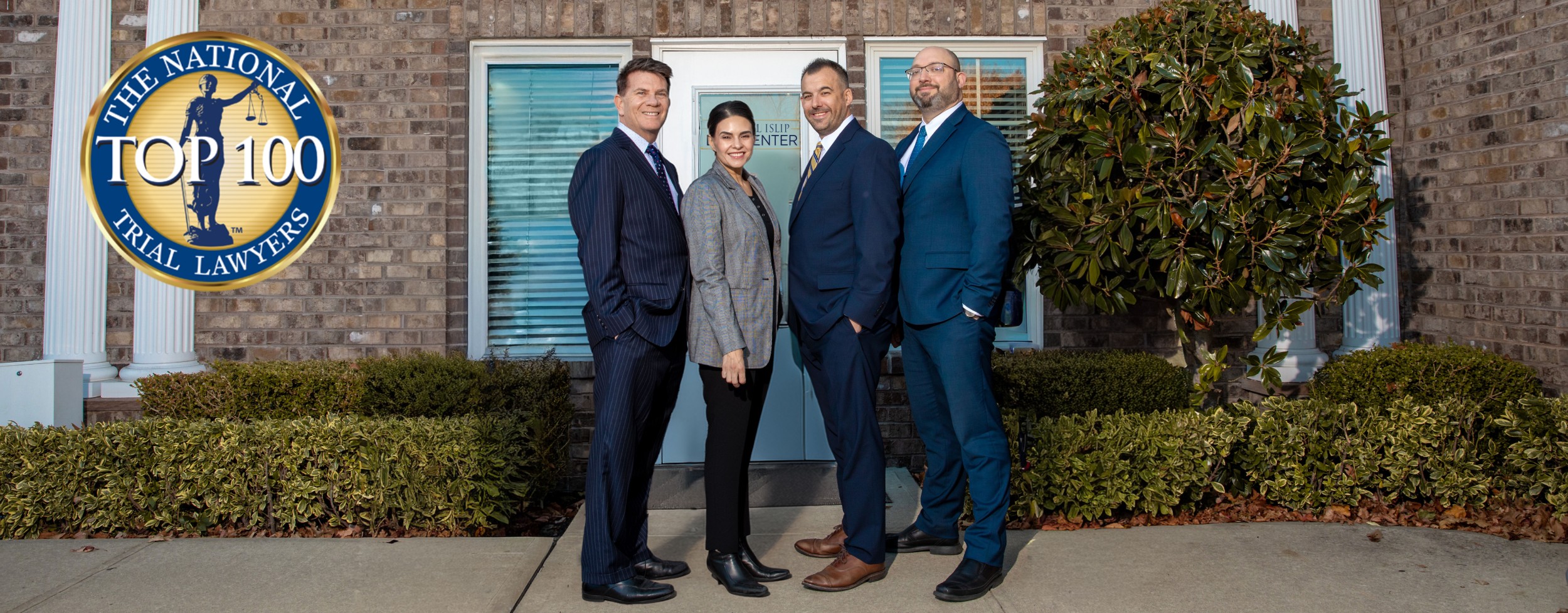By: Christopher P. McGuire, Esq.
A criminal or traffic case typically involves the participation of a prosecutor, a defense attorney, and the judge, and each has a different legal obligation. The prosecutor’s role is to seek justice, the defense attorney’s responsibility is to zealously defend the client, and the judge’s job is to impartially administer justice. Although the American criminal justice system is adversarial, approximately 97% of federal criminal cases and 94% of state criminal cases are resolved by negotiated plea, more commonly called a “plea bargain.”
I have practiced criminal and traffic defense work for more than 20 years, and have served as a judge (12 years) and as a prosecutor (4 years). These divergent experiences have taught me that it is important to consider the perspective of the prosecutor and judge when negotiating a plea on behalf of a client.
In order to evaluate whether a case can be resolved by negotiation or should proceed to trial, one first must determine the best possible offer that can be obtained, and whether that offer is appropriate for and acceptable to your client.
Defense counsel must understand that a plea offer is usually initiated by the prosecutor [although defense counsel can also make the opening offer or present a counteroffer(s)], and only the prosecutor can reduce, amend, or dismiss charges as part of a negotiated plea. Any agreement between the litigants is subject to the court’s approval.
Defense counsel must also recognize the legal limitations on reductions (See Article 220 NYS Criminal Procedure Law) and sentencing guidelines for the particular offense(s) (See Article 70 NYS Penal Law). In understanding the dynamics of a plea bargain, and by calculating the legally permissible plea alternatives and sentencing possibilities, you can determine all of the potential negotiated outcomes. At this point, you can identify the best possible negotiated plea for your client and work to attain it. Some examples of objectives your client may have include: avoiding a felony or criminal conviction, probation, a sex offender designation, deportation, etc. Conversely, your client may wish to maintain employment eligibility or an existing job, driver’s or vocational license, residency status, good standing in the community, or minimize exposure to jail.
In many instances a prosecutor will not agree with the targeted deal you propose. In these cases, consider speaking to the bureau chief or supervisor. Show respect for your adversary by giving them notice of your intent to speak with their boss. Another option to consider if you encounter obstacles is to explore a sentence commitment from the court (in return for a plea of guilty to the entire docket); this is especially true when the charges are serious felonies where your client is seeking to minimize exposure to significant prison time.
Keep in mind when negotiating that all prosecutors and judges bring different personalities, beliefs, and experiences to a case, and all parties entering negotiations consider their position fair. Also realize that a judge or prosecutor might have unstated concerns, including whether the complainant is actively pressuring the prosecutor, if the case has received media attention, or whether the judge or prosecutor might be criticized about the outcome of the case (now or in the future if the defendant is re-arrested and charged with a similar or more serious crime). Seeing things from the other person’s vantage point provides insight into where compromise might be possible. Additionally, understanding the point of view of the other party allows you to communicate more persuasively by presenting your position in a way that is best likely to appeal to the listener. If you know the other’s concerns in advance of your conference, you can prepare your reasoning to address them head on with thoughtful arguments and appropriate supporting documentation. In addition to illustrating weaknesses in the prosecutor’s case, a defense attorney should also strive to accentuate the strengths of your client’s character and highlight any efforts your client has made towards rehabilitation.
The presentation and delivery style of your position are as important as the content, and you should forward your position in a respectful and courteous way. It is never beneficial to be antagonistic or argumentative. Such behavior is unprofessional, counterproductive, and harms the client we are duty bound to protect.
There are many cases where the best way to fight for a client is to aggressively litigate. However, since the vast majority of cases are plea bargained, an effective defense attorney must also know how to defend a client by excelling at negotiations. To be successful, you have to understand procedure, be prepared, and consider the perspective of the prosecutor and the judge before the negotiations commence.
Click here for a PDF or the original article.
Christopher P. McGuire, Esq. is a senior partner with McGuire, Peláez & Bennett, P.C., and has practiced law in the local, state, and federal courts for more than 20 years. Mr. McGuire has also served as the Patchogue Village Justice and as a Special Assistant District Attorney for the County of Suffolk. Prior to practicing law, he worked in the US Congress and State Department, and studied and taught in Beijing, China.




